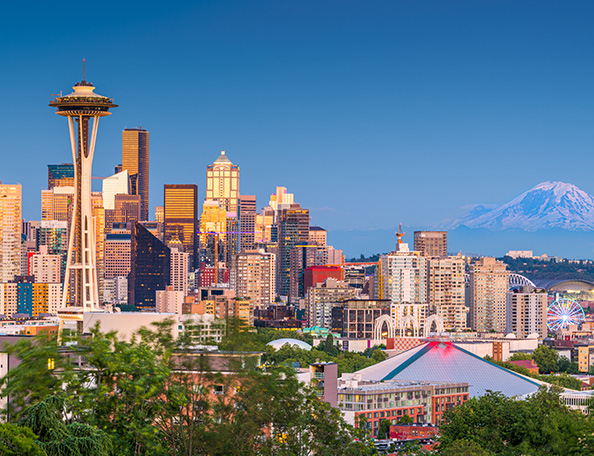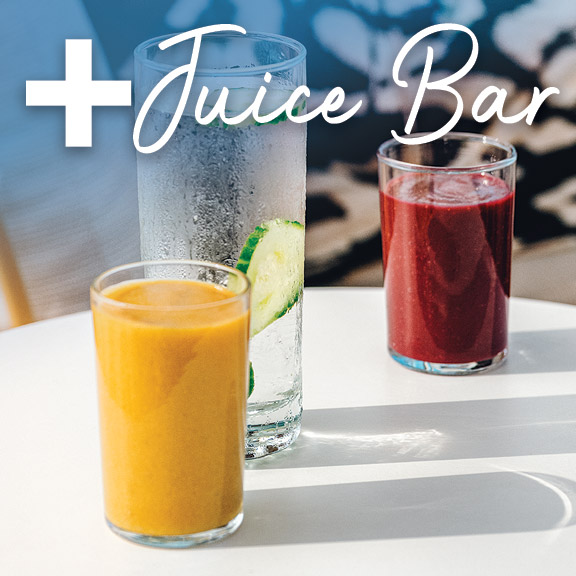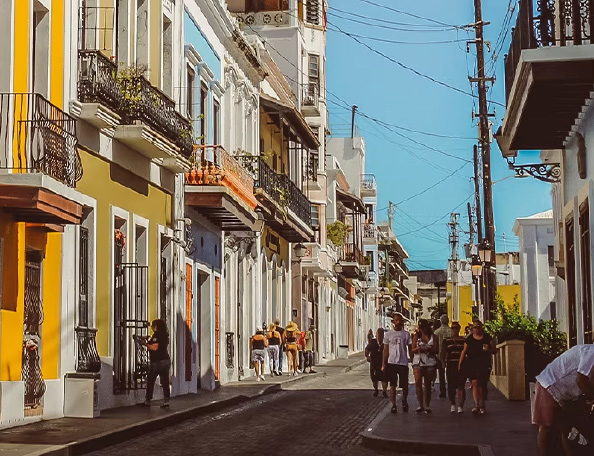Bryant Terry’s passion for cooking distinctive and enticing plant-based food is contagious. To this eco-chef, Memphis native, and food justice activist, cooking is an opportunity for mindfulness and an outlet for creativity. Just about everyone, Bryant says, has opportunities to grow local food and put together simple, tasty dishes.
In this March interview, which appears here in edited form, Bryant talks animatedly about his experience on the cruise, the role of human energy and creativity in cooking, and the importance of yumminess.
Why did you decide to come back to the cruise?
So often in our everyday lives we get distracted from taking care of ourselves. For me, it’s important to have some space to reset, recalibrate, and get back to my core. I see this cruise as one of those moments when people have the ability to check in with themselves, hear some inspiring lectures, eat some healthful food, and just really recommit to their health and wellbeing.
What’s been the most memorable feedback that you’ve received from any of the cruise-goers this year?
That people really enjoy my recipes. At the cooking classes I’ve done, people were really excited about the food they sampled.
My mantra is “start with the visceral, move to the cerebral, end at the political.” For me, the visceral is providing people with yummy vegan food—when they know that they can have food that’s satisfying, people get excited and convinced that they can actually commit to a plant-based diet. A lot of the food in the Standard American Diet is artificially satisfying; this food is deeply, wholly satisfying.
Are any of the recipes in your new book Afro-Vegan conversions of popular recipes, or are they original?
Rather than recreating a dish point by point, I like to just take the spirit, the idea, the energy, and the flavor profile of the dish, then kind of rework and remix it into something that might be a nod to a dish people are familiar with, but also a departure from it.
Can you speak more about energy and spirit behind food and how that feeds an individual?
I always tell people that the disposition that we have, the energy that we bring to the food—we infuse that. So if we’re feeling joyful and thankful and happy and mindful when we’re cooking, that type of energy goes into the food. And conversely, coming to it rattled, or frazzled, or upset, or angry, then that goes into it, too. For me, cooking is one of the most spiritual activities, and I really see it as a process of practicing mindfulness and sharing that with people that are going to be eating the food.
What can vegans do to get others to be vegan?
I think one powerful thing they can do is make those friends, those family members, those people in their community a meal that’s made from locally grown, locally harvested, plant-based foods and ensure that the food is tasty, satisfying, and beautifully presented. I think it’s really up to us to confront many of the negative stereotypes about the food of plant-based diets being bland, boring, unsatisfying, and just not exciting.
It’s easy to throw a big hunk of meat on a grill and season it and put some sauce on it, but I think it takes more creativity to take fruits and vegetables and legumes and seeds and nuts and make them interesting. In the end, if folks want to convince other people that this is the way to go, we have to make it tasty.
Bryant Terry hosts the web series Urban Organic, is the author of four books, and speaks and writes on wide-ranging topics related to vegan food. Bryant’s newest book, Afro-Vegan, was published in April and celebrates food from Africa, the Caribbean, and the American South.




























